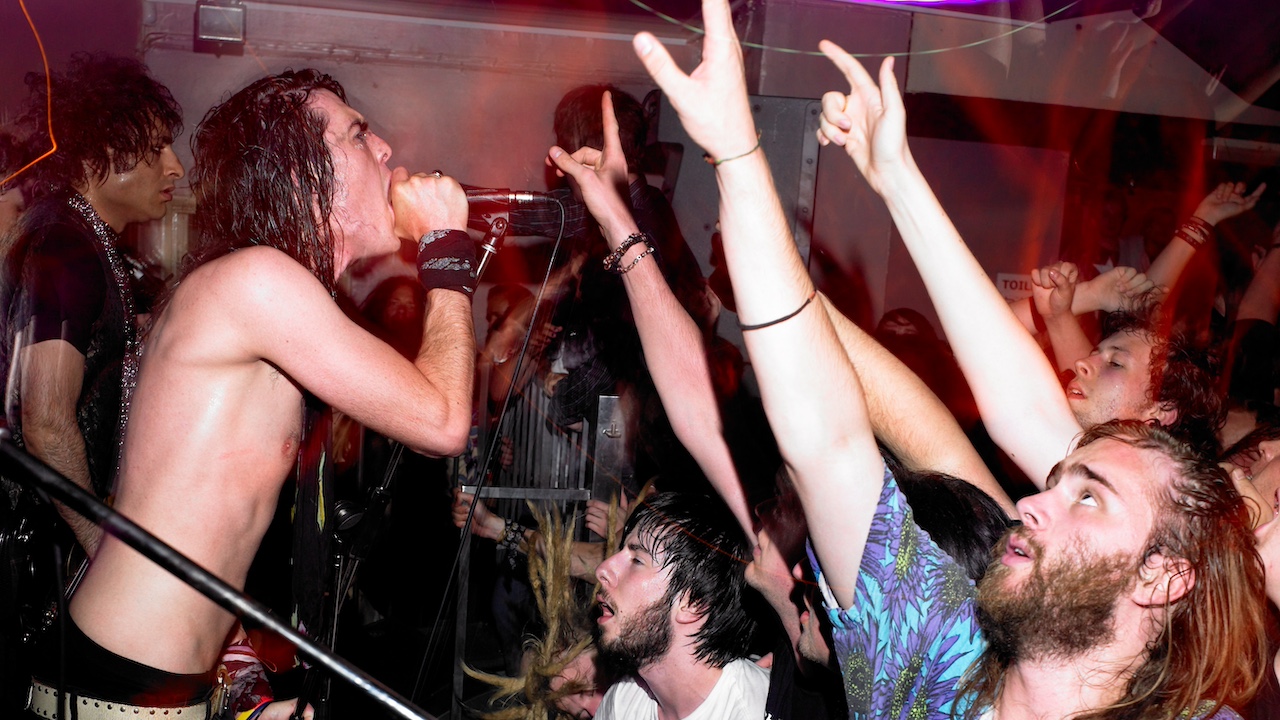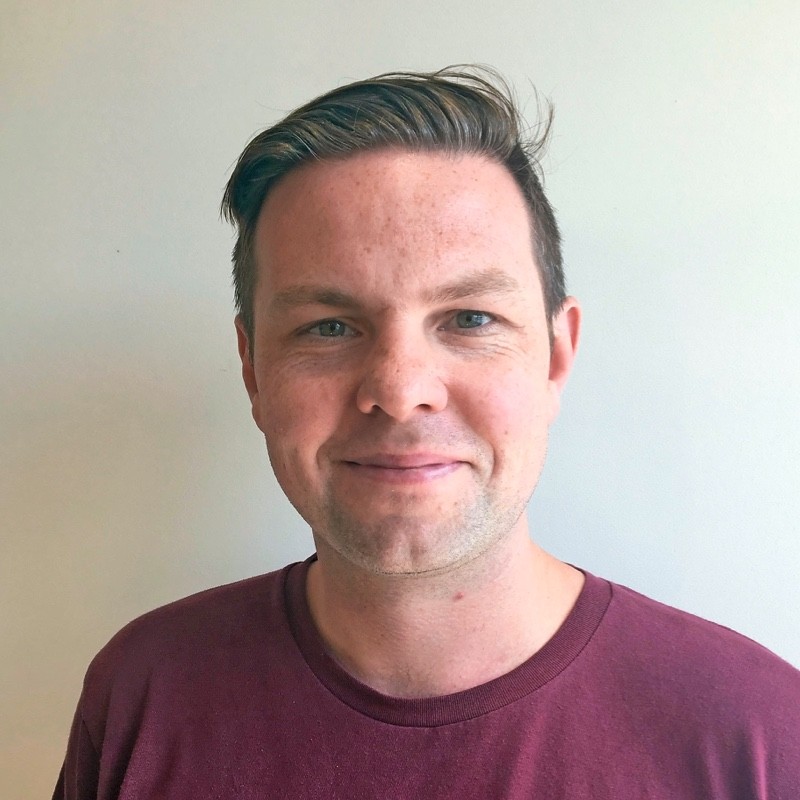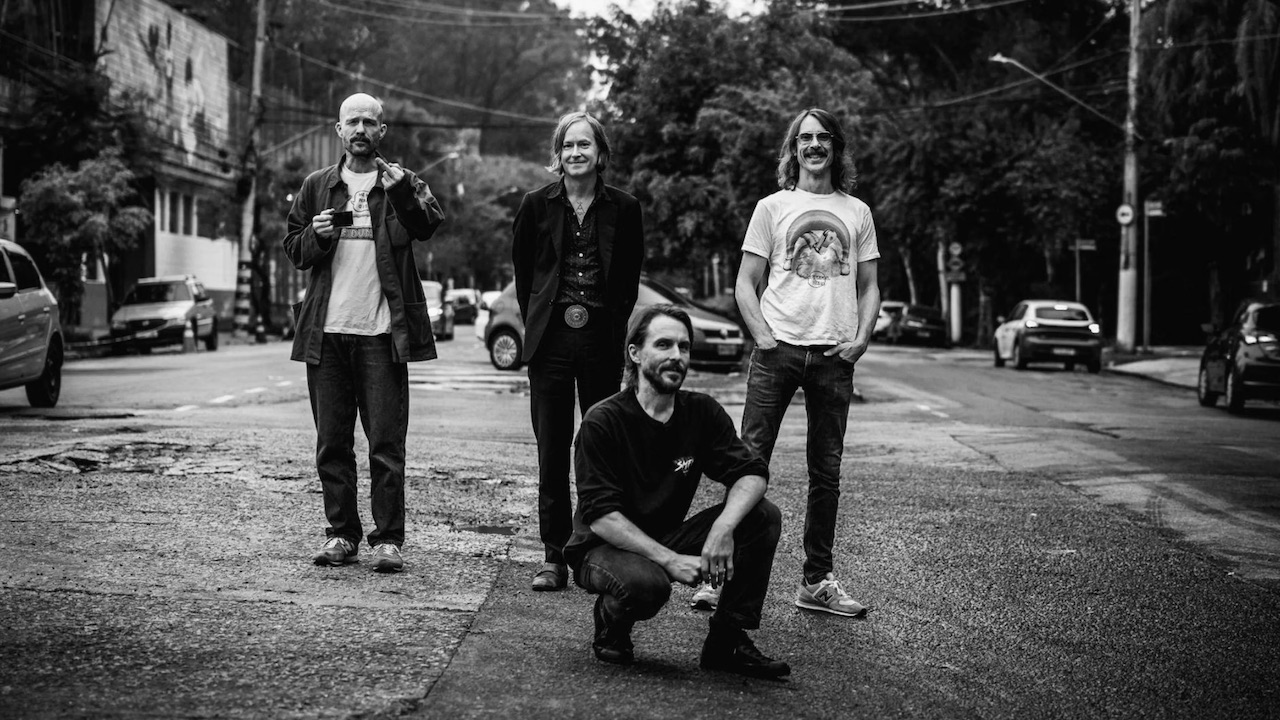“We were lucky to be able to really capture an energy”: The Eighties Matchbox B-Line Disaster’s Guy McKnight on how the psychobilly punk-rock crew made Celebrate Your Mother
Inside the making of Celebrate Your Mother, one of a string of ace singles the Brighton rabble released before calling it quits

The Eighties Matchbox B-Line Disaster were such a thrilling, chaotic band that there was no way they could’ve stayed together and had a long, cosy, illustrious career. They were too exciting for that. This one had to end in implosion. But they left behind some excellent music. Their sound, which blended psychobilly, desert-rock riffs and punky blasts, was best executed on their first two records, 2002’s Hörse Of The Dög and 2004’s The Royal Society. There are some very sharp diamonds in there, in particular the band’s rampaging 2002 single Celebrate Your Mother. Would you like to hear the tale of how it was made? Great, you’re in the right place because, a few years ago, the group’s mercurial frontman Guy McKnight told this writer how it came together.
“We were lucky to be able to really capture something, an energy. We’ve got older but the songs haven’t,” he said. “The first thing that goes through my mind when I think back to making the record is carnage. Carnage, guilt, guilt trips and probably not enough LSD trips. Around 1998 and ‘99, I’d been getting into drugs because, for better or worse, I was growing up around alcoholism and addiction at home. I’ve heard it said that your dad can be your dad or he can be your friend but he can’t be both and my dad was my friend. But he happened to be going through some hard times. He condoned my drug taking, he allowed it, put it that way, but perhaps he would rather know where I was, at home getting high than being in the streets, even though we were doing that too. But anyway, it was too much too young and I really made myself suffer, got into a bad place and it affected my mental health massively, but he and I were both in denial about it.”
In light of his troubles, McKnight's dad encouraged him to start practising Buddhism. “I was clean and sober for a few months, got myself a job at the cinema down at the marina in Brighton, where I’m from and where I was living at the time. I’d get up, do my morning Buddhist practice, which the main essence of is chanting the phrase Nam-myoho-renge-kyo, then I would cycle to work, which was a massive ride, part of which involved cycling along the seafront.”
It was during one of these bike rides, he remembered, that Celebrate Your Mother was born. “I started hearing this pumping bassline in my head so I started saying words out loud to it,” McKnight said. “It all just seemed to emerge in a burst throughout that day. As I was sweeping up popcorn and taking people’s tickets, I was repeating the lyrics that I was hearing over and over again. I wrote it down when I got home and honed it over a couple of days and then the next time I went to rehearsal, I said, ‘I’ve got a song.’ I asked the people in the band, ‘can you play this melody, can the solo go like this, can the drums go like this’, and it came together. Hearing it fully-formed for the first time was trippy. With all of the songs, there was always a point where everything would come together and hit a peak and in Celebrate Your Mother, it’s the chorus guitars as they come back in after the middle-eight.”
The frontman said he believed that Eighties Matchbox were on a mission. “On the one hand, it felt like it was a natural unfolding of events but on the other hand at the same time, you’re just going, ‘fuck me!’, like doing your first UK tour and there’s rooms full of kids your own age singing back to you things that you thought of while you were riding your bike to work. It’s a mad one, definitely.”
The band only released one more album after that initial burst, 2010’s Blood And Fire, and split up in 2013. But the music lives on and sounds just as joyously frazzled two decades later. Watch the video for Celebrate Your Mother below:
The latest news, features and interviews direct to your inbox, from the global home of alternative music.
Niall Doherty is a writer and editor whose work can be found in Classic Rock, The Guardian, Music Week, FourFourTwo, Champions Journal, on Apple Music and more. Formerly the Deputy Editor of Q magazine, he co-runs the music Substack letter The New Cue with fellow former Q colleague Ted Kessler. He is also Reviews Editor at Record Collector. Over the years, he's interviewed some of the world's biggest stars, including Elton John, Coldplay, Radiohead, Liam and Noel Gallagher, Florence + The Machine, Arctic Monkeys, Muse, Pearl Jam, Depeche Mode, Robert Plant and more.

